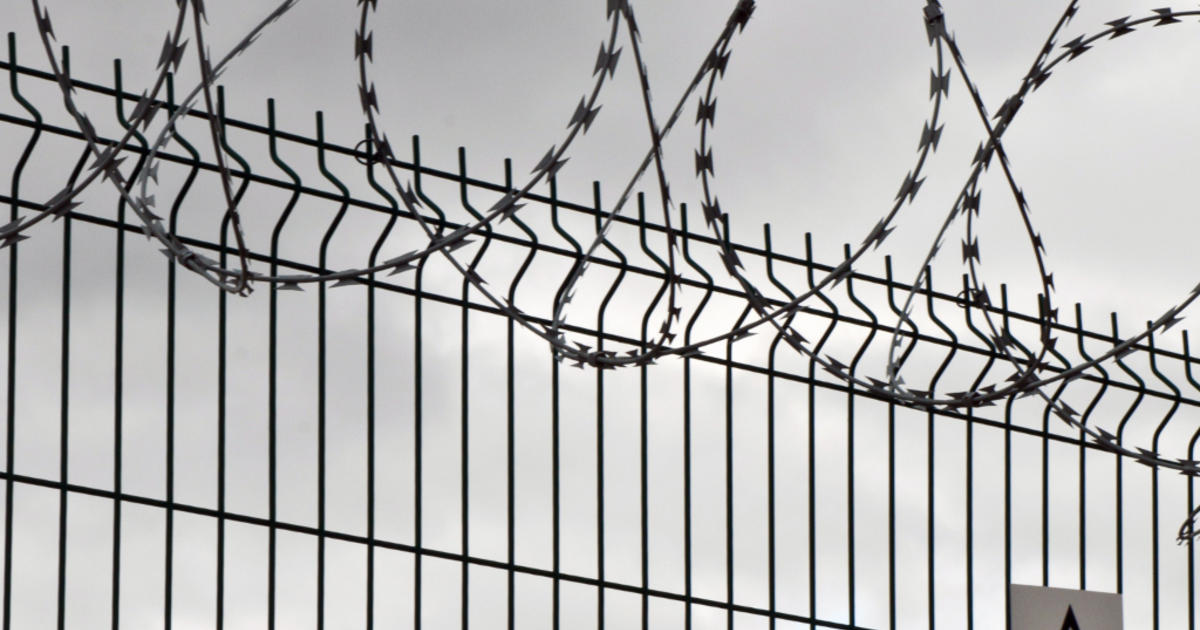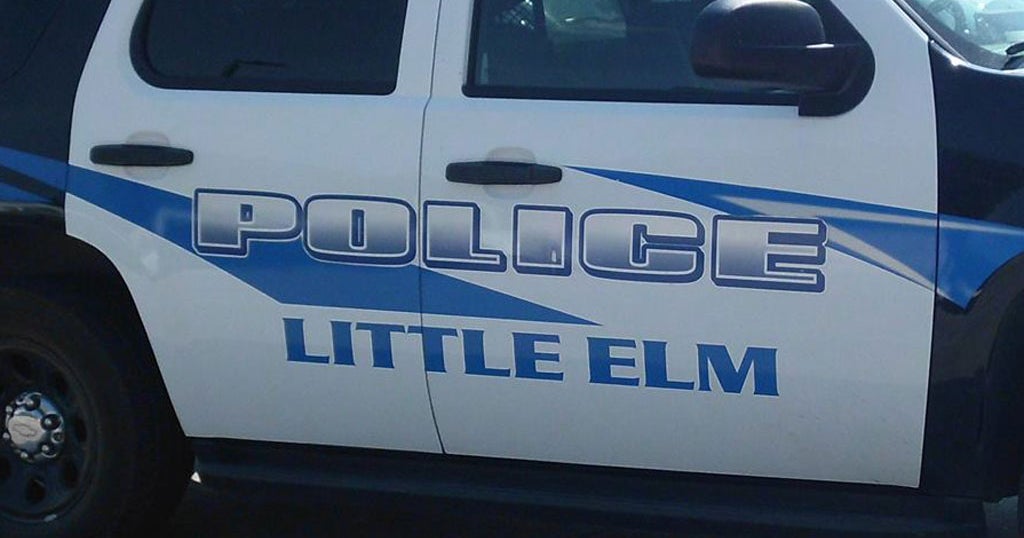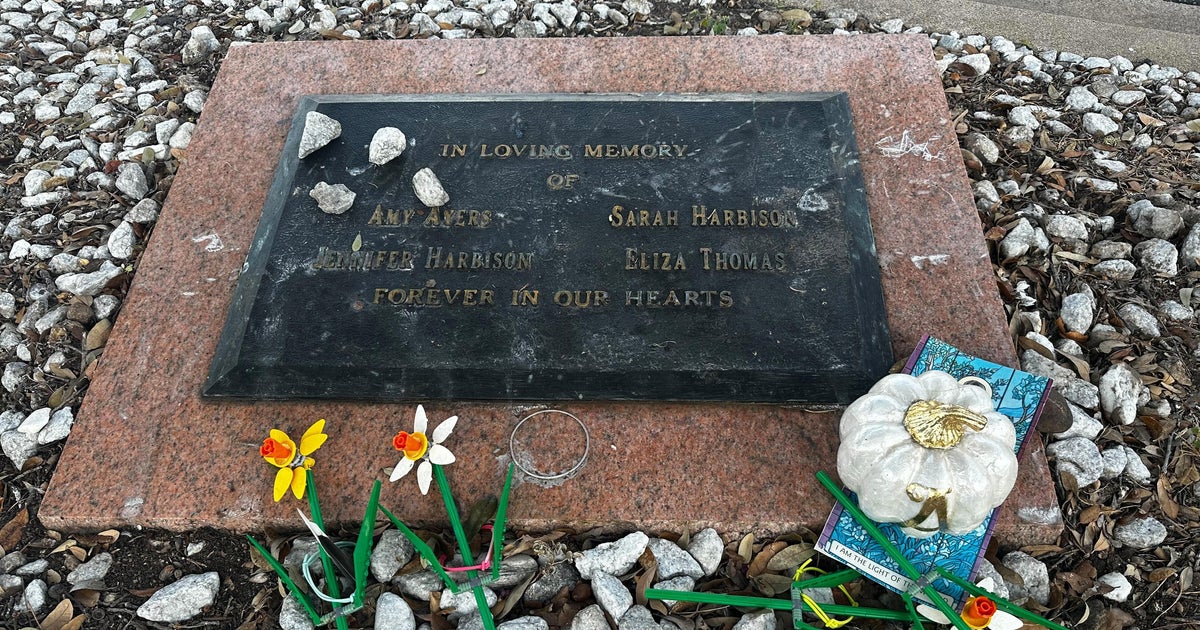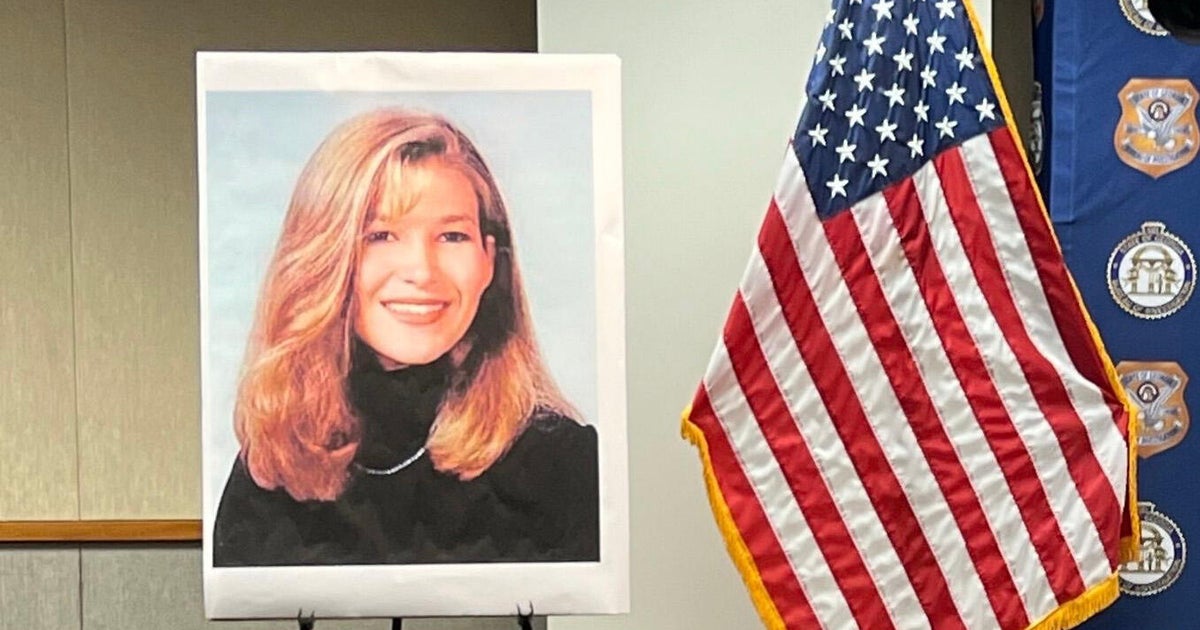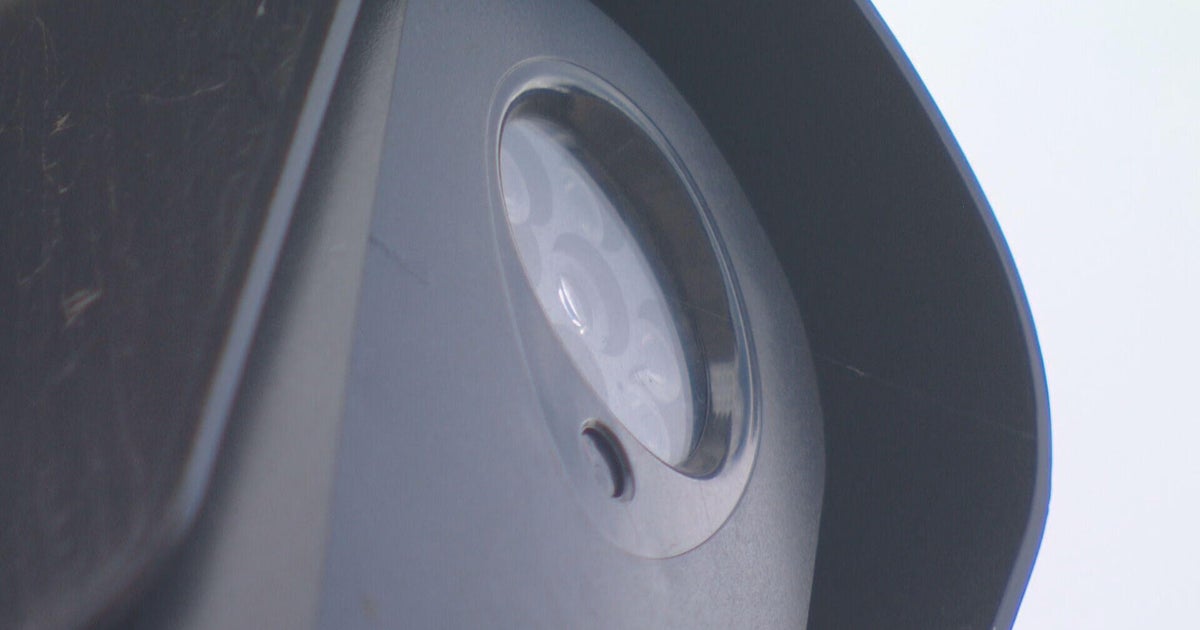Old DNA Can Affect Punishment In New Unrelated Texas Cases
DALLAS (AP) - DNA evidence links Joseph Houston Jr. to the rape of a woman at knifepoint in 1984. DNA saved in another case connects Dewayne Douglas Willis to the 1983 sexual assault of a 12-year-old girl.
Dallas police solved those cases more than two decades after the assaults were committed, but neither man will be arrested or tried for those crimes because the statute of limitations for sexual assault in the 1980s was only five years.
But a change in state law now allows that DNA match to be part of a person's criminal record and can be part of the punishment phase of an unrelated case when the suspect is convicted. Houston, 59, and Willis, 49, have been arrested on new charges and will likely be the first defendants in Texas affected by the change in the law if they are convicted.
The victim Houston is accused of raping in the 1980s said she has been waiting to testify against him since he attacked her at knifepoint at age 24.
She had just gotten out of the car at her apartment complex near Lovers Lane and Greenville Avenue.
"He isn't charged with this crime. But my voice will be heard," said the woman, who is now 51 and hopes to testify at the trial if Houston is convicted. "It will be hard, but I am looking forward to it. I just wish it could be my trial."
Houston's trial is scheduled for March in Dallas County on a charge of indecency with a child by contact. Houston, who did not respond to an interview request sent to the Dallas County Jail, has convictions for aggravated kidnapping and burglary of a vehicle, court records show. He was charged with attempted aggravated rape but pleaded guilty to robbery in 1977 after a trial ended in a hung jury, according to court records.
Houston is linked to two additional cold case sexual assaults, said Dallas police Sgt. Pat Welsh.
Willis, who could not be reached for comment, is accused of felony theft in Hill County for stealing from a lumberyard.
Hill County prosecutor Nicole Crain said Willis is scheduled to go to trial in January but that a postponement is likely. Crain said that she's glad the new law will allow victims to finally be heard even though their own cases can't be prosecuted.
"It's a really good thing in that a victim can seek maybe not complete justice, but they can feel like something was done in their case," she said.
In 2005, through the Dallas police's Sexual Assault Cold Case Program, Welsh began reopening cold case sexual assaults in which rape exams had been preserved. The county crime lab, the Southwestern Institute of Forensic Sciences, stores thousands of samples dating to 1981. It's the same stockpile of DNA evidence that so far has proved that 20 men were wrongly convicted in Dallas County.
When Welsh or other detectives throughout the state solve a cold case with DNA that can't be prosecuted, detectives send the information to the Texas Department of Public Safety. The DNA matches are available to law enforcement officials searching for a criminal record. The database information is not available to the public although other information about the DNA matches can be found in public records.
Only about 20 cases have been entered into a database since the law passed last year, said Tom Vinger, a DPS spokesman. Thirteen of those cases were solved by Welsh. The remaining cases are from Harris County, where officials were not aware of any pending cases involving those suspects.
Welsh, who will soon file six more solved cold case sexual assaults with the state, said he works to solve these cases because someone should remember the victims even though time has passed.
"Especially these cold cases, there's never really closure. We don't even use that word anymore when I talk to these ladies. I don't put the word out there, closure. Because there's never going to be closure, especially when you can't prosecute them," said Welsh.
"This is not a five-year or a one-day or get-over-it-the-next-month kind of case. It's a lifetime, for sure. They never forget. That's why I think, if they never forget, why should we forget their case?"
Dallas County District Attorney Craig Watkins, who advocated for the change in the law, said allowing the evidence and testimony of the victims from the old cases will prevent rapists from eluding justice any longer.
"This is a way for their voices to be heard and for those individuals to be held accountable," Watkins said. "I think it would have a chilling effect on the jurors."
Houston's attorney, John Holland, declined to comment until after the conclusion of the case.
But Dallas defense attorney Richard Franklin, who said he typically objects to any evidence that would harm a client, said he can't quibble with allowing evidence of a rape solved by DNA into the punishment phase of a trial.
"I don't really have a problem with that," said Franklin, who is not representing Houston or Willis. "I'd probably object for the hell of it. But I'm not theoretically opposed to it."
The woman raped at knifepoint when she was just 12 finally has a name to attach to the image of the monster who broke in through a cracked window of her two-story home near University Park and attacked her.
"I lived my life in fear not knowing who he was, not knowing if he was going to come back," she said. "It's definitely enhanced the healing process knowing who he is and where he is."
Now, she is awaiting her chance to finally face Willis in a courtroom if he is convicted in the felony theft case. But for the Frisco mother of three, it won't change the fact that he altered her life.
"I thought for a long time that it didn't matter, that I was unimportant, that I was forgotten about," said the victim in the 1983 rape case. "Now I finally feel like I matter and I'm important and what happened to me is finally going to be recognized."
(© Copyright 2010 The Associated Press. All Rights Reserved. This material may not be published, broadcast, rewritten or redistributed.)
